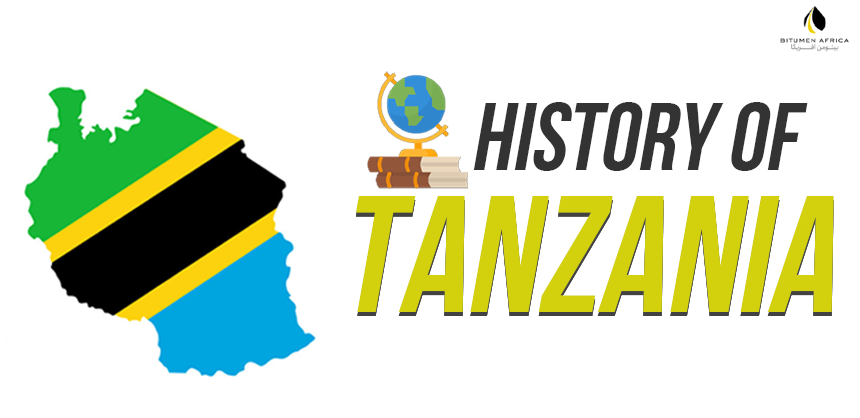Tanzania, a country in East Africa, is located in a region with ancient history and rich culture. The history of Tanzania dates back thousands of years, with evidence showing that humans have lived in this region since ancient times.
In the Middle Ages, Tanzania was part of the overland trade between Asia and Africa.
In the 15th century, a state called Kilwa Kisiwani emerged from the coasts of Tanzania and became the most important trading center in East Africa.
In the 19th century, European colonizers arrived in Tanzania and took over the country.
This colonization happened by Germans in the 19th century and later by Britain in the 20th century.
During this period, Tanzania was known as a British colony and was under the rule of Tanganyika and Zanzibar, which were under German rule.
In 1961, Tanganyika declared its independence as one of the first African countries, and then in 1964, it merged with Zanzibar, which had declared its independence in the same year, to become Tanzania.
After independence, Tanzania actively participated in the African independence movement and played a significant role in supporting the freedom of other African countries.
Over the years, Tanzania has gradually moved forward with a neoliberal policy and a focus on social and economic development.
This historical summary of Tanzania is just a general overview and does not cover many important details and events that have occurred throughout the history of this country.

